This week brings the annual ITLUS conference in the 50th year of its existence. To mark this celebratory year, the council of the society altered a number of its annual events in favour of two major events crowned by the publication of a book to record the history of its existence.
This week, on Wednesday and Thursday, the annual conference will take place at the usual venue in the Clanard Court hotel in Athy. The addition of the Wednesday session to the normal Thursday event came about because this conference aims to look into the future while most normal conferences have attempted to deal with current or imminent issues.
How ITLUS works
All events organised by ITLUS are planned and organised through the work of its council, or by a sub-committee from that council. The make-up of its council has been key to how well it represents the opinions and views of its broad membership.
The society attempts to have a council that is representative of counties, age profiles, professions, farming systems etc, to help reflect the needs of its membership and farmers.
The Irish Tillage and Land Use Society (ITLUS) has served the tillage sector for 50 years through a combination of annual activities which include the annual December conference, a spring workshop or seminar and a summer field meeting to some region of the country to explore a range of land uses.
Every second year since 1990 it organises a foreign study tour to somewhere in the world to explore farming there.
The society is made up mainly of members from the tillage and associated businesses and these are the members who are serviced by society events
While the main focus of the society is on tillage and land use, its foreign tours try to take in all aspects of farming in that country. The next such tour will head to Australia early next January.
The society is made up mainly of members from the tillage and associated businesses and these are the members who are serviced by society events.
In this anniversary year the society is attempting to look forward into the next 50 years at its annual conference.
This week’s conference is likely to be over before most people read this so there is little point in dwelling on it as there will be full reports in the coming weeks
While this seems like an impossible task, the society has always evolved alongside such developments and the needs of the time and there is little doubt but that it will continue to do so in the future.
This week’s conference is likely to be over before most people read this so there is little point in dwelling on it as there will be full reports in the coming weeks.
However, it is worth pointing out that its Visions for the Future conference looks forward under three main headings:
The policies and pressures exerted by regulation and environment.Changes to the technology tools that are likely to become part of crop husbandry in future.The possible changes in farm mechanisation, given the pressure on labour availability, the improved capability of drones and need for care for the soil.The past 50 remembered
When the society was initiated in 1969, the first president, Stan Brophy of Tullow, in his inaugural speech said: “Co-operation with other societies is essential.
Challenging questions have been set before agricultural scientists and answers are needed by farmers.”
The society has largely lived by those initial comments through its efforts to bring science to growers and to facilitate both observation and discussion at all levels within the tillage sector.
Last June the society held a special event to look back at the activities of the past five decades
While this conference is about looking forward, it was also important to remember what is behind us, where we have come from and to acknowledge the inevitability of significant changes into the future.
Last June the society held a special event to look back at the activities of the past five decades and to relive some of the many changes that occurred during that period.
This involved a display of varieties that were grown specifically for a gathering last June on the farm of Hugh McDonnell in Carlow.

Society stalwarts Trevor Storey and Hugh McDonnell at the ITLUS gathering last June.
Varieties of winter wheat such as Consort, Norman, Hobbit, and even Cappelle Deprez were growing, plus spring barley varieties like Cooper, Emma and Banba and Barry oats extends back though a big proportion of that time span.
In the afternoon the group transferred to the farm of John Brophy, son of the first president Stan Brophy
The day provided an excellent re-living of the variety flow over those five decades, which was presented by Finbarr Murphy who had worked in the seed business all his working life.
In the afternoon the group transferred to the farm of John Brophy, son of the first president Stan Brophy.
During that visit John gave an overview of how the farm had evolved during that period, stating that his father had been a very innovative farmer and so it was hardly surprising to have more than one enterprise on the farm.
Here also we heard a very interesting presentation from Michael Moroney who gave an outline of the many developments in machinery technology which had occurred during that period.
On the record
The history of ITLUS spanned a very significant period for the technological development of grain growing and crop production in Ireland.
During that time ITLUS had featured many or all of those technological innovations and so the history of the society is equally a history of the evolution of crop production in this country.
For this reason it was decided to produce a book to document this history and to put it on the record for future generations.
The listings of topics covered during conferences, seminars and summer field meeting provide an overview of the technological developments of the time
The book entitled, Irish Tillage and Land Use Society – Co-operation for Progress records the activities of the society during that era with agendas and itineraries for those events.
The listings of topics covered during conferences, seminars and summer field meeting provide an overview of the technological developments of the time.
Other overview articles deal with individual elements of that change and describe the evolution which took place across a range of disciplines during that era in greater detail.
In short
ITLUS will hold its winter conference this week under the theme Visions for the Future.The society marks its 50 years in existence this year. Its book, Co-operation for Progress, provides a record of the evolution which took place in the sector during that period.
This week brings the annual ITLUS conference in the 50th year of its existence. To mark this celebratory year, the council of the society altered a number of its annual events in favour of two major events crowned by the publication of a book to record the history of its existence.
This week, on Wednesday and Thursday, the annual conference will take place at the usual venue in the Clanard Court hotel in Athy. The addition of the Wednesday session to the normal Thursday event came about because this conference aims to look into the future while most normal conferences have attempted to deal with current or imminent issues.
How ITLUS works
All events organised by ITLUS are planned and organised through the work of its council, or by a sub-committee from that council. The make-up of its council has been key to how well it represents the opinions and views of its broad membership.
The society attempts to have a council that is representative of counties, age profiles, professions, farming systems etc, to help reflect the needs of its membership and farmers.
The Irish Tillage and Land Use Society (ITLUS) has served the tillage sector for 50 years through a combination of annual activities which include the annual December conference, a spring workshop or seminar and a summer field meeting to some region of the country to explore a range of land uses.
Every second year since 1990 it organises a foreign study tour to somewhere in the world to explore farming there.
The society is made up mainly of members from the tillage and associated businesses and these are the members who are serviced by society events
While the main focus of the society is on tillage and land use, its foreign tours try to take in all aspects of farming in that country. The next such tour will head to Australia early next January.
The society is made up mainly of members from the tillage and associated businesses and these are the members who are serviced by society events.
In this anniversary year the society is attempting to look forward into the next 50 years at its annual conference.
This week’s conference is likely to be over before most people read this so there is little point in dwelling on it as there will be full reports in the coming weeks
While this seems like an impossible task, the society has always evolved alongside such developments and the needs of the time and there is little doubt but that it will continue to do so in the future.
This week’s conference is likely to be over before most people read this so there is little point in dwelling on it as there will be full reports in the coming weeks.
However, it is worth pointing out that its Visions for the Future conference looks forward under three main headings:
The policies and pressures exerted by regulation and environment.Changes to the technology tools that are likely to become part of crop husbandry in future.The possible changes in farm mechanisation, given the pressure on labour availability, the improved capability of drones and need for care for the soil.The past 50 remembered
When the society was initiated in 1969, the first president, Stan Brophy of Tullow, in his inaugural speech said: “Co-operation with other societies is essential.
Challenging questions have been set before agricultural scientists and answers are needed by farmers.”
The society has largely lived by those initial comments through its efforts to bring science to growers and to facilitate both observation and discussion at all levels within the tillage sector.
Last June the society held a special event to look back at the activities of the past five decades
While this conference is about looking forward, it was also important to remember what is behind us, where we have come from and to acknowledge the inevitability of significant changes into the future.
Last June the society held a special event to look back at the activities of the past five decades and to relive some of the many changes that occurred during that period.
This involved a display of varieties that were grown specifically for a gathering last June on the farm of Hugh McDonnell in Carlow.

Society stalwarts Trevor Storey and Hugh McDonnell at the ITLUS gathering last June.
Varieties of winter wheat such as Consort, Norman, Hobbit, and even Cappelle Deprez were growing, plus spring barley varieties like Cooper, Emma and Banba and Barry oats extends back though a big proportion of that time span.
In the afternoon the group transferred to the farm of John Brophy, son of the first president Stan Brophy
The day provided an excellent re-living of the variety flow over those five decades, which was presented by Finbarr Murphy who had worked in the seed business all his working life.
In the afternoon the group transferred to the farm of John Brophy, son of the first president Stan Brophy.
During that visit John gave an overview of how the farm had evolved during that period, stating that his father had been a very innovative farmer and so it was hardly surprising to have more than one enterprise on the farm.
Here also we heard a very interesting presentation from Michael Moroney who gave an outline of the many developments in machinery technology which had occurred during that period.
On the record
The history of ITLUS spanned a very significant period for the technological development of grain growing and crop production in Ireland.
During that time ITLUS had featured many or all of those technological innovations and so the history of the society is equally a history of the evolution of crop production in this country.
For this reason it was decided to produce a book to document this history and to put it on the record for future generations.
The listings of topics covered during conferences, seminars and summer field meeting provide an overview of the technological developments of the time
The book entitled, Irish Tillage and Land Use Society – Co-operation for Progress records the activities of the society during that era with agendas and itineraries for those events.
The listings of topics covered during conferences, seminars and summer field meeting provide an overview of the technological developments of the time.
Other overview articles deal with individual elements of that change and describe the evolution which took place across a range of disciplines during that era in greater detail.
In short
ITLUS will hold its winter conference this week under the theme Visions for the Future.The society marks its 50 years in existence this year. Its book, Co-operation for Progress, provides a record of the evolution which took place in the sector during that period. 



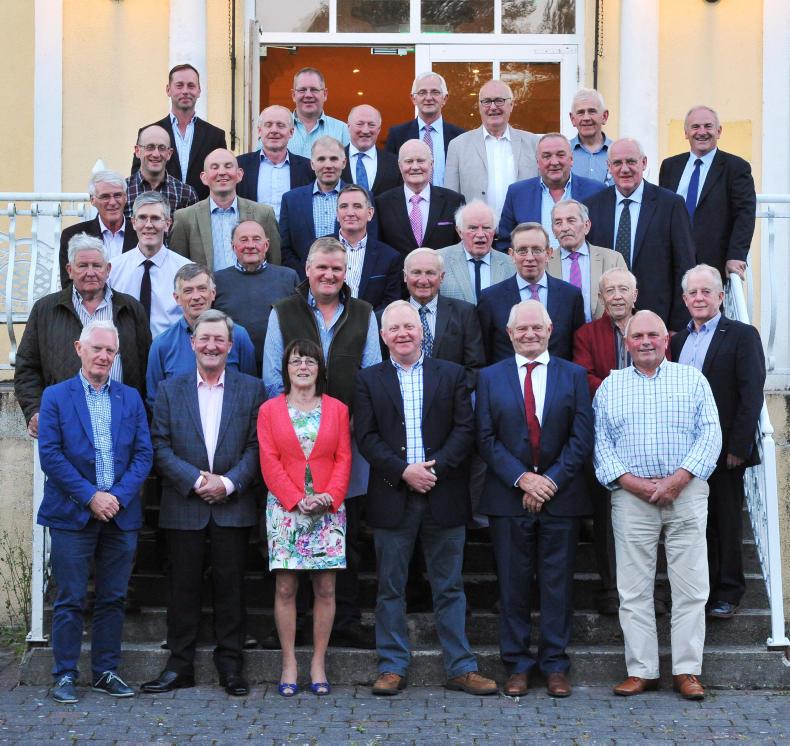
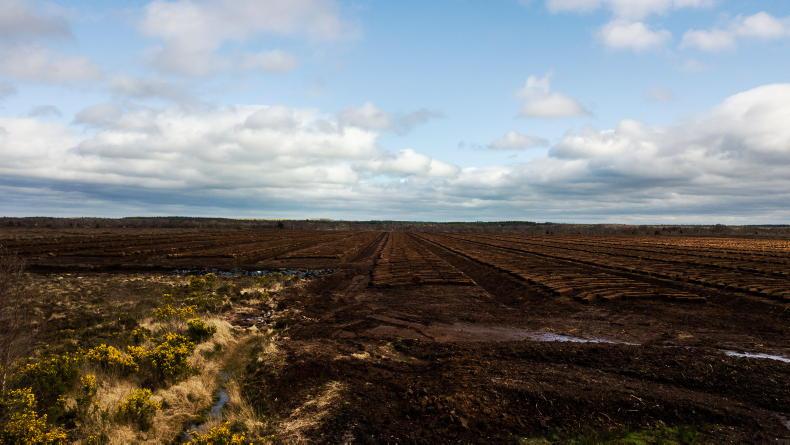
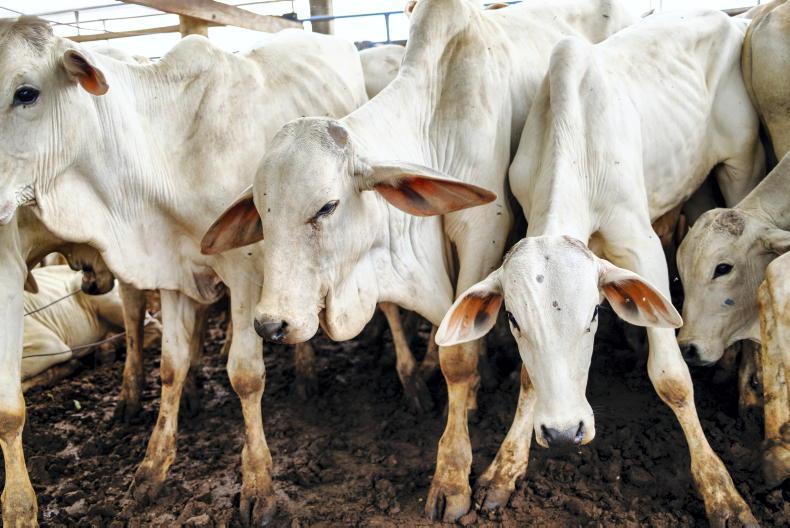
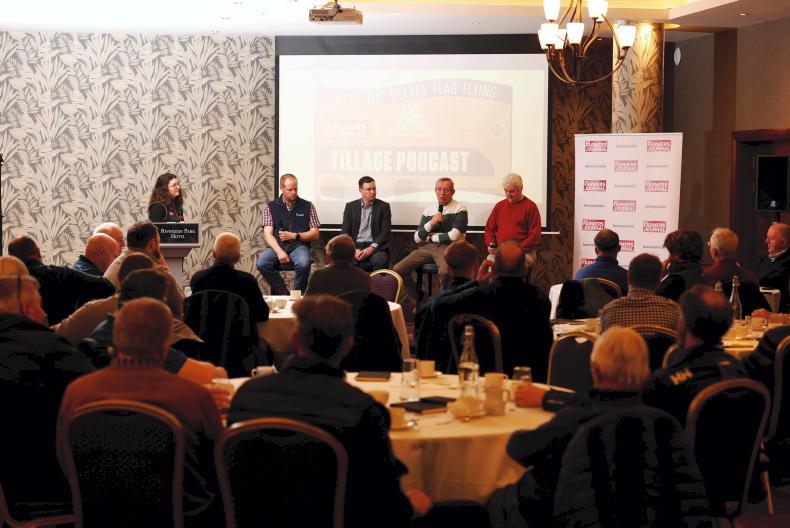
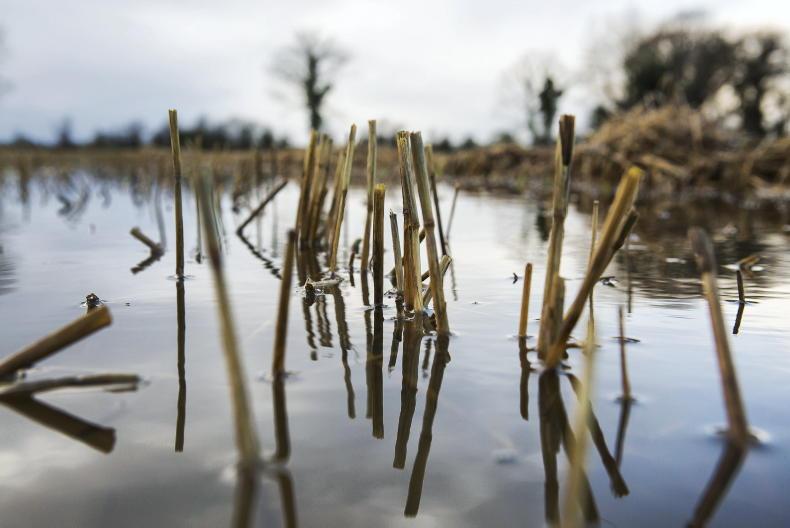
SHARING OPTIONS